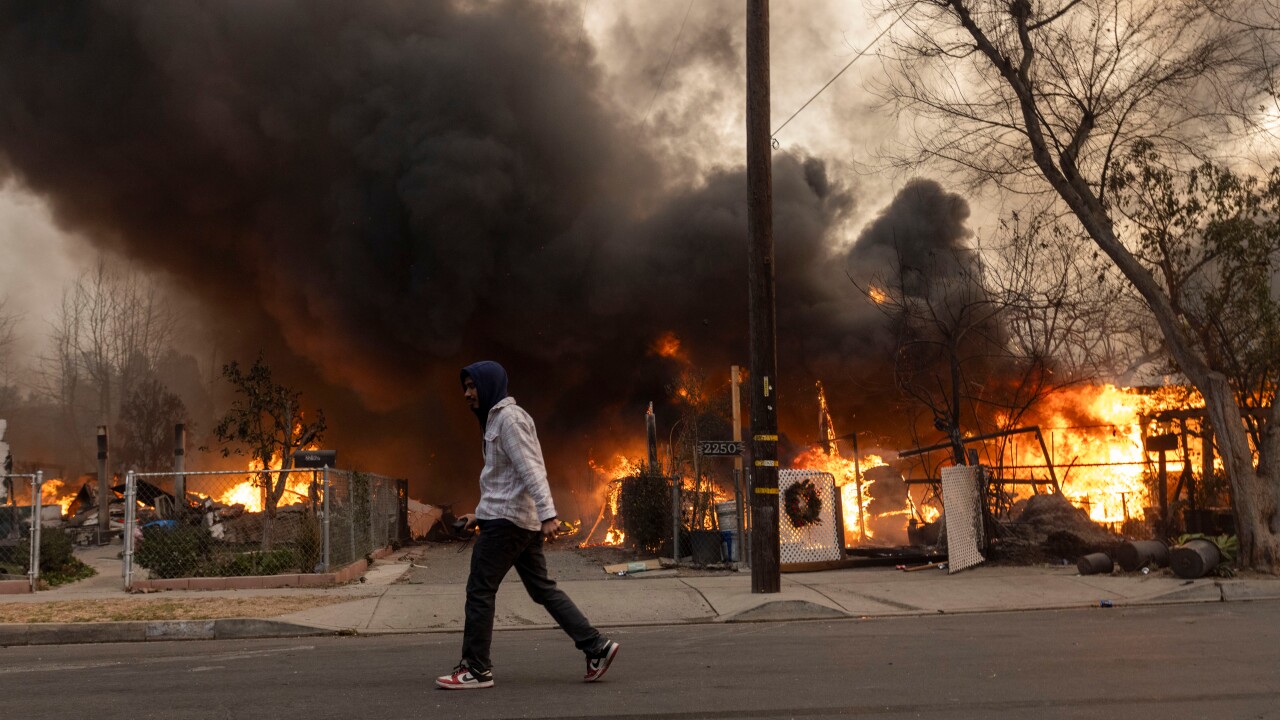Harvard University became the latest elite school to report a decline in first-year Black students following a
African American or Black students accounted for 14% of the new class of first-year undergraduates, down from 18% a year earlier, Harvard said in a statement Wednesday. Hispanic or Latino students made up 16%, an increase of 2 percentage points, while the share of Asian American students held steady at 37%.
U.S. colleges are being forced to rethink how to
Read more:
The immediate aftermath of the ruling has led to varying results at selective institutions. The percentage of African American or Black students in the first-year class at Columbia College and Engineering fell to 12% from 20% a year earlier, while Asian American or Pacific Islander students rose 9 percentage points to 39%. The share of first-year Black students also fell at schools including the Massachusetts Institute of Technology, Brown and Tufts.
The trend wasn't the same across the board, however: The percentage of Black freshmen held steady at Yale and Princeton, which both reported a dip in Asian Americans.
Harvard, the oldest and richest U.S. college, said it was committed to serving students from a broad range of backgrounds. The Cambridge, Massachusetts, school said 8% of its first-year students didn't disclose race or ethnicity, up from 4% last year.
"Our community is strongest when we bring together students from different backgrounds, experiences, and beliefs," William Fitzsimmons, Harvard's dean of admissions and financial aid, said in the statement. "And our community excels when those with varied perspectives come together."
Read more:
Harvard was a named defendant in the Supreme Court case along with the University of North Carolina. In UNC's freshman class, the share of Black freshmen declined to about 8% from almost 11% a year earlier. Asian American students edged up by a percentage point to nearly 26%.
Students for Fair Admissions, the group that brought the court case, argued that Harvard penalized Asian Americans, especially during the admissions process. The school assigned them lower ratings on leadership and likability while automatically giving preferences to Black and Hispanic applicants, Students for Fair Admissions said.
In last year's ruling, Chief Justice John Roberts said universities could still consider how race affected the lives of individual applicants "be it through discrimination, inspiration or otherwise."
Harvard changed its essay requirements and included a question about how applicants' life experiences, academic achievements and extracurricular activities have shaped them.
But Harvard said admissions readers didn't have access to applicants' self-reported answers to questions about race and ethnicity on their applications this year, nor could they see aggregated data with that information.
Read more:
Harvard and several of its elite peers said earlier this year that they would bring back standardized testing requirements for applicants seeking admission in 2025, which may affect future diversity.
The school said it joined a new rural recruitment initiative, while maintaining other programs to seek out minority applicants and students who would be the first in their families to attend college.
About 21% of Harvard's 1,647 first-year students qualified for Pell Grants for low-income students this year. International students accounted for 16% of the group. The class of 2028 also includes 19 military veterans.






